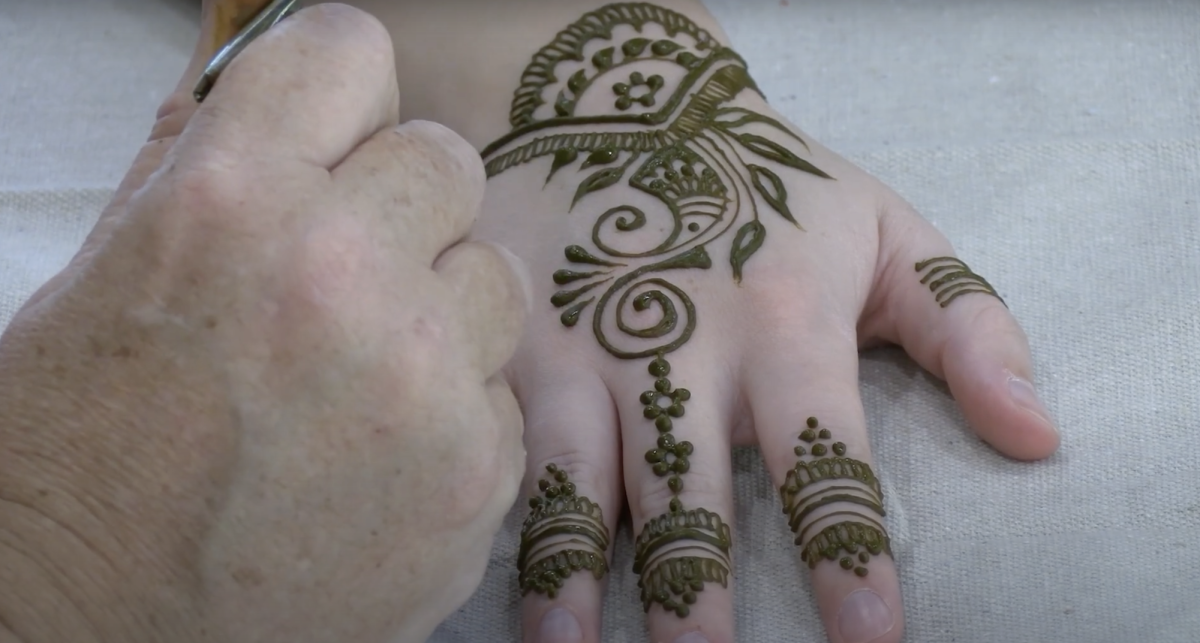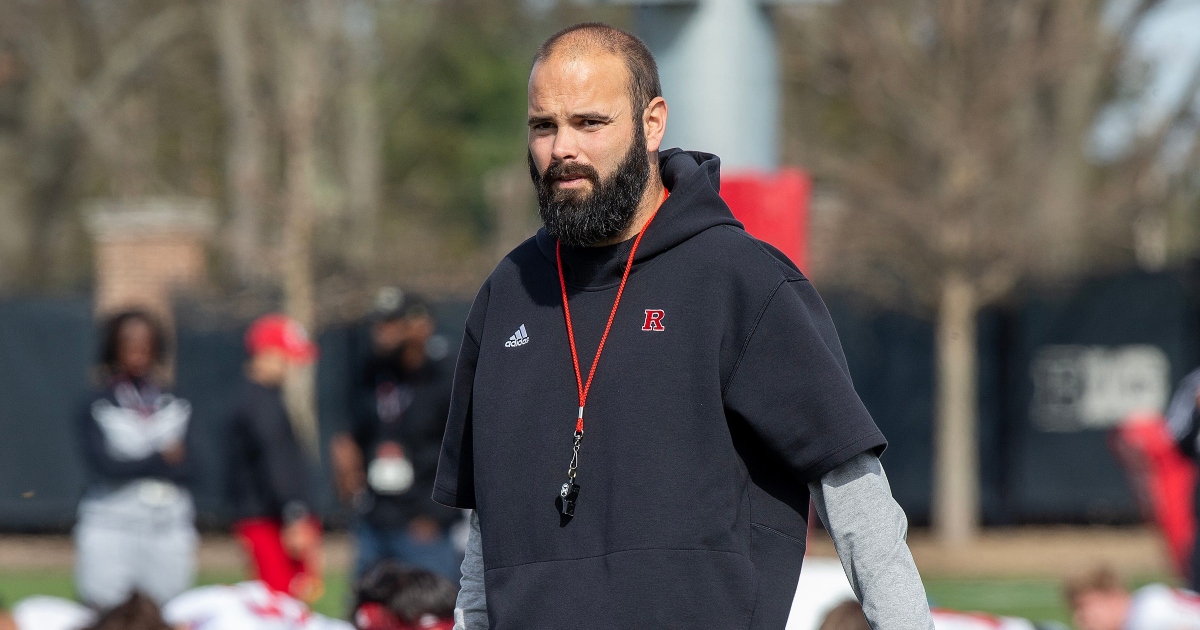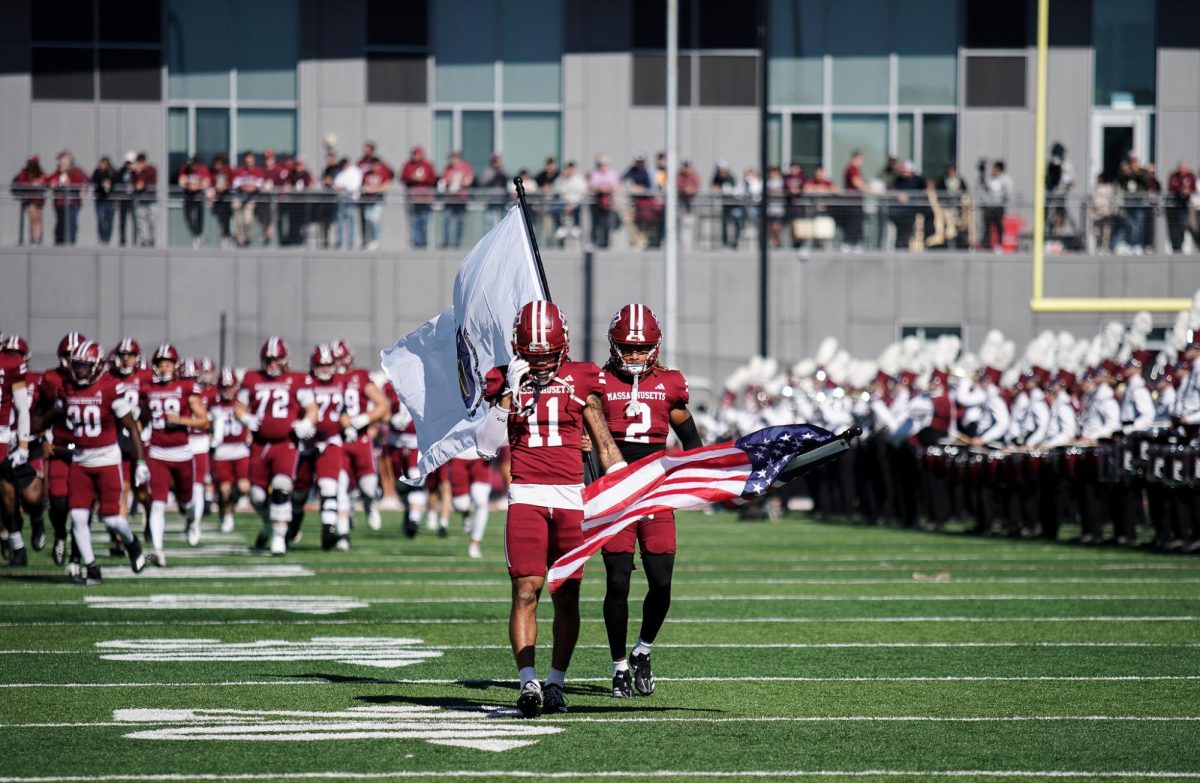Thesis statements. Just about every college student knows what one is, and
has written more than they care to think about. You know how they go. A
statement that summed up the purpose of your paper, with a list of
supporting topics, or a methodology, that would be covered. But how many of
you remember when you first learned about the thesis statement and all its
glory? I do.
Freshman year English class – high school, not college – was when I first
learned the actual form to write a paper in. Mr. McCarthy taught four of the
five sections of freshman writing at my high school, including my own. In
addition to the joyful reading of such works as “Great Expectations” (augh),
we did a ton of writing in that class. Mr. McCarthy was not the typical
English teacher. Rather than majoring in English and literature in college,
he was a writing major, and his assignments showed it.
As students we wrote a minimum of once a week. Whether it was a simple
paragraph or a multi-level paper, each piece was treated as an opportunity
to improve our skills as writers. I still remember one of the largest
projects of the year, in which I wrote a report and made a presentation
stating the case that Gene Roddenberry could be classified as a hero. (For
those of you who don’t know, he was the creator of Star Trek.) It was a
difficult sell to some, but the project was a learning experience on many
levels, the least of which was don’t tape Star Trek trading cards to a
poster board if you’d like to keep them afterwards.
Aside from the writing, Mr. McCarthy meant numerous other things to me as
well. He was a person with whom I could discuss why the Red Sox had blown
yet another great season. We could discuss current events and other news
issues (without ever getting into a fight.) Or we could even laugh together
recalling this past week’s episode of Frasier.
It was his sense of humor that I remember the most. Every other sentence
out of his mouth had a hidden joke within, some that it seemed only I
understood. Anytime a student complained about how unfair something was,
they were met with the charade of a violin playing. Even punishments were
inventive (my friend Jason can tell you how many times he had to emulate the
cross.)
Sophomore year I was fortunate to again have Mr. McCarthy for American
Literature. As our curriculum was novels rather than a textbook, there was
definitely more literary analysis involved. Yet contrary to what some might
think, all this meant more writing. With every paper that was written, my
writing improved. By the end of the year, it was astonishing to look at the
difference in my papers at that point, versus those I had written at the
start of high school. I actually was starting to enjoy writing, but at times
it was still frustrating to have an assignment that did not compel me at
all.
After two years of writing for Mr. McCarthy, it was time for other teachers.
However, the love of writing and the skills that I had honed remained. I put
the same vigor into all papers that I had for the rest of high school (and
into college as well). Junior year, when my friend Neil suffered a seizure
and had to stay overnight at the hospital, I turned to poetry as my way to
cope. That was the first poem of the dozens I wrote during the next two
years. Senior year when my friend Mike spent four days in a coma and a month
in a hospital following a skiing accident, writing in a journal is the only
thing that helped me keep my sanity. Looking at those experiences and
others, I can’t begin to imagine what they would have been like had I been
unable to use words to help me through a difficult time.
When graduation neared, I began to look back on the seven years I had spent
at my high school. (Don’t get any bright ideas – the school is grades
6-12…thus seven years!) When thinking about those who had made a definite
impact, the one who always came to the top of the list was Mr. McCarthy.
From a trip as a sixth grader with Leo and him out here to the Basketball
Hall of Fame, right up to my college entrance essays that he edited and
critiqued, Mr. McCarthy was always there to help and have fun.
And later when I returned back to my old school for visits, he was always
there to greet me with a smile and a joke, equally concerned about what was
going on in my own life as well as informing me what was taking place at
Austin. No matter when I visited or how busy he was, he always made time for
me. It seemed like it would always be that way.
Mr. McCarthy died on Thursday, Oct. 4. He succumbed to brain cancer after a
four-year struggle. The first tumor appeared late in my senior year and he
kept it secret from most students at first. I was one of the few he informed
on graduation day of why he had missed some days of school that spring.
Whenever I visited school he updated me on his condition and miraculously,
he was able to continue teaching up until this current school year. It was
only this September that his condition severely deteriorated.
When I found he was near death I felt helpless. I turned to the only thing
that I could think of: writing. I went down to CVS, bought a card and in
words, as I would be unable to in person, said good-bye to my mentor. It was
probably the most difficult thing I have ever had to write. The card was
FedEx-ed to Boston and arrived the day he died. I’ll never know if he got to
read it while alive, but I know now that he knows what was said.
The funeral was the day after Columbus Day. I went home and worked 43 hours
the three days prior, burying myself in my job. The day of the funeral I
skipped class to drive to West Roxbury with two of my siblings for the
funeral. Austin had canceled classes for the day so any and all that wanted
to attend would be free to do so. Most of the faculty was there, as were
four busloads of current students, numerous alumni, and Mr. McCarthy’s
friends and family. The crowd numbered around 400, filling St. Theresa’s.
The hour and forty minute mass was a fitting tribute, equally sad about the
loss and celebratory about the life of a great man. Father Morris from
school gave a homily that helped all to remember. However, what probably
said the most about Mr. McCarthy’s impact were the two and a half pages in
the back of the program full of excerpts from letters and cards that he had
received from students and friends. It was in these passages that a person,
even if they never met Francis Gerard McCarthy, could understand what type
of person he was and the impact he had. In the middle of all those was one
from my card:
“I can’t begin to describe the impact you have had on my life. You always
had a joke for my offbeat sense of humor; a ploy to make me laugh at my own
gullibility; a lesson I so desperately needed to learn… In addition to all
that, you cultivated a love of writing from down deep within that will never
go away…You continually challenged me to do more, to achieve higher, to do
better.”
After 51 years, 27 of them teaching at Austin, Mr. McCarthy is gone. No more
can I go to room 211 to talk about why the Sox blew another season, whether
Niles and Daphne will truly stay together or what role writing is playing in
my life currently. (Personally I like to think that he would have been proud
to see one of his most opinionated pupils returning to the joy of personal
writing via editorials.)
Mr. McCarthy knew my writing and all its intricacies better than any person
on this planet. As is the case, he also knew that conclusions were always my
biggest challenge. I usually am able to draw the reader in with a strong
introduction and then progress through my papers in a logical, convincing
manner. Yet when it came time to tie everything together and wrap it up, I
continue to struggle.
Perhaps I should just slide it under your old door at Austin. And
with a
little luck, when I return, written on it, along with all the necessary
corrections, will be the inspiration and guidance that I have come to
appreciate with all my heart, one last time.






